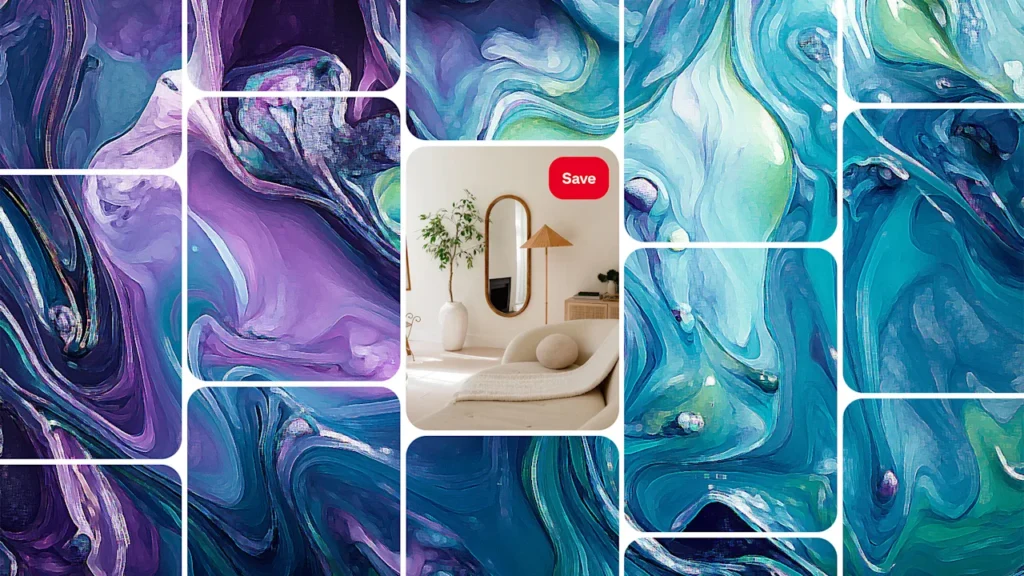
As we scroll through our feeds, it’s not unusual to stumble upon AI-generated slop—the kind of empty, nonsensical content that’s unmistakably artificial. You click on one, and before you know it, your feed’s flooded with more of the same. It’s left users craving the authenticity they once savored—a pervasive frustration spreading across social media
Pinterest has not been immune to the phenomenon. Described by Futurism as “strangled by AI slop,” the platform has been “engulfed in a torrent of uncanny AI-generated content, drowning out the human-made inspiration that once thrived there.”
Amid a surge of complaints, the platform has rolled out new generative AI controls that let users dial down—or up—how much artificial intelligence-produced content appears in their feeds.
Accounts can now manage their preferences in Pinterest’s settings under “Refine Your Recommendations” or tweak individual Pins on the fly. The feature allows users to adjust settings for “eligible” image Pins a variety of categories, including entertainment, beauty, health, and fashion.
Matt Madrigal, Pinterest’s chief technology officer, said in a statement that the feature strikes the right balance “between human creativity and AI innovation” and ensures that “every feed truly reflects what inspires them most.”
“AI is not inspirational”
The move is an apparent response to the undercurrent of bitterness that has been pouring in across social media.
And Pinterest is hardly alone. AI slop is everywhere online, competing for clicks and views. Platforms like Instagram and TikTok were quick to introduce ways to reset feeds and filter out unwanted content.
Yet the frustration with the “Pin giant” has reverberated loudly and clearly.
In one viral post on X, a user complained, “I hate how Pinterest is just AI and ads now. It’s just unusable. The beauty of seeing an outfit on a real person . . . AI is not aspirational at all.” Another chimed in, “The amount of AI that’s on Pinterest now is depressing.”
Reddit users have echoed the sentiment: “AI is ruining Pinterest. I’m about to delete the app!” and “Is there a good alternative to Pinterest? AI & ads are driving me nuts.”
In an effort to humanize the experience, the newly released updates build on Pinterest’s earlier GenAI tools, including labels that identify image Pins likely generated or modified with AI. These labels will become more prominent in the coming weeks as detection improves, and the platform has committed to ongoing iteration to grant its audience greater control over feeds.
Social media companies have had a mixed year
While Pinterest is making moves to win back its users’ trust, the business itself is showing growth, but the company posted mixed results for its most recent earnings in August.
It reported adjusted earnings per share of 33 cents, below consensus estimates of 35 cents. Revenue came in above expectations at $998 million versus the expected $975 million.
At the same time, it hit a new milestone with 578 million global monthly active users, an 11% increase over the same period last year.
Pinterest stock (NYSE: PINS) has seen middling growth this year, with shares up roughly 7.26% year to date.
That’s not as quite as high as its larger competitor Meta Platforms, whose stock is up 18.83% this year, but it’s better than Snapchat owner Snap Inc., whose shares have tumbled 31% over the same period.



